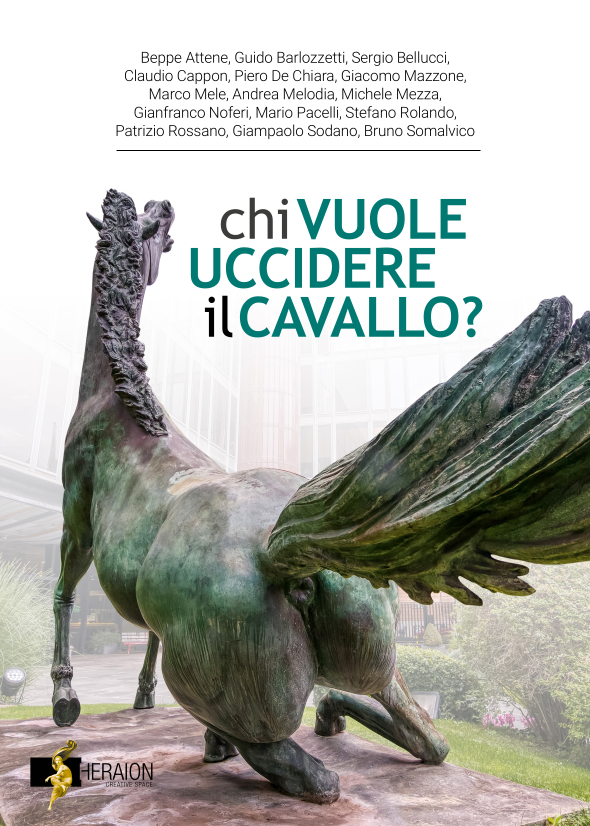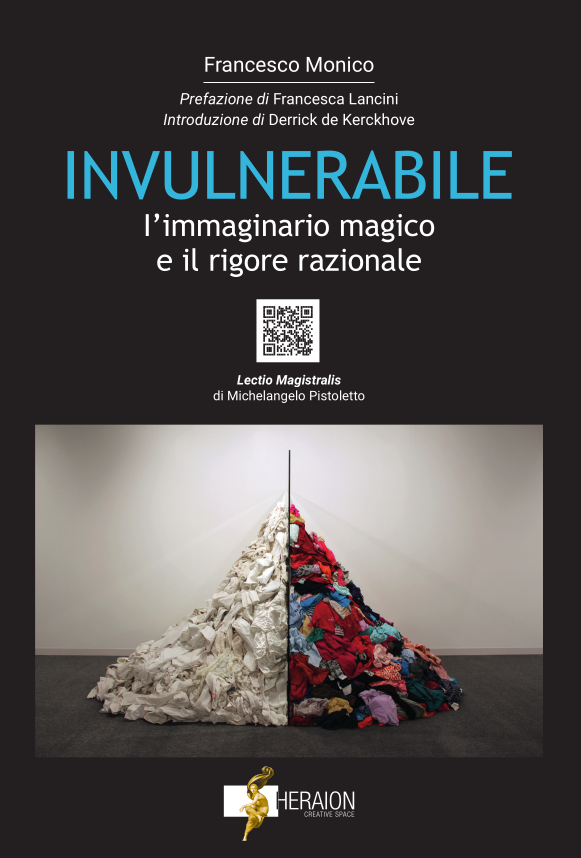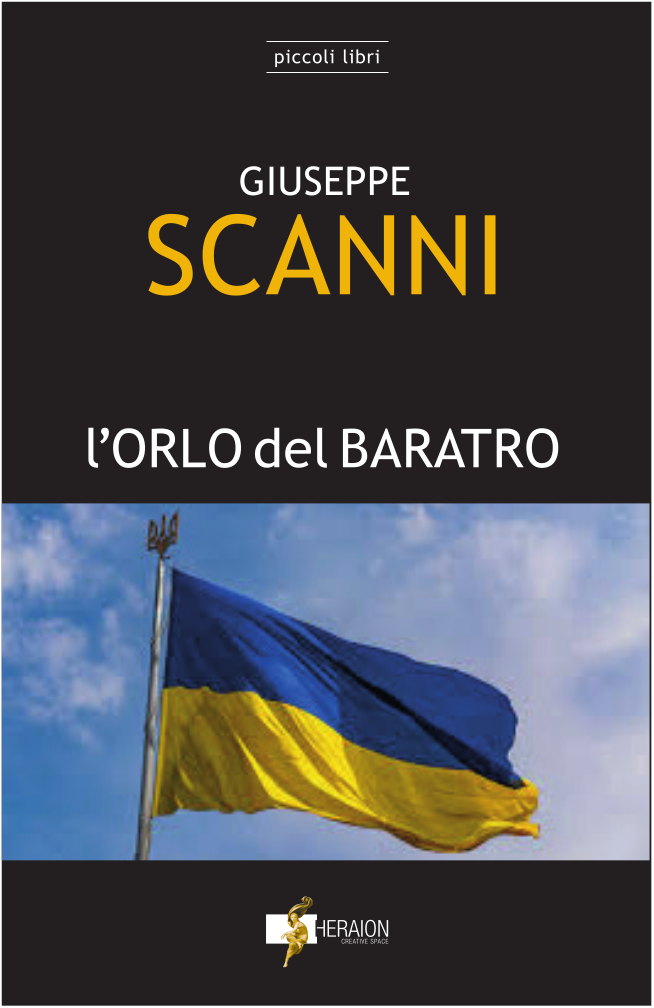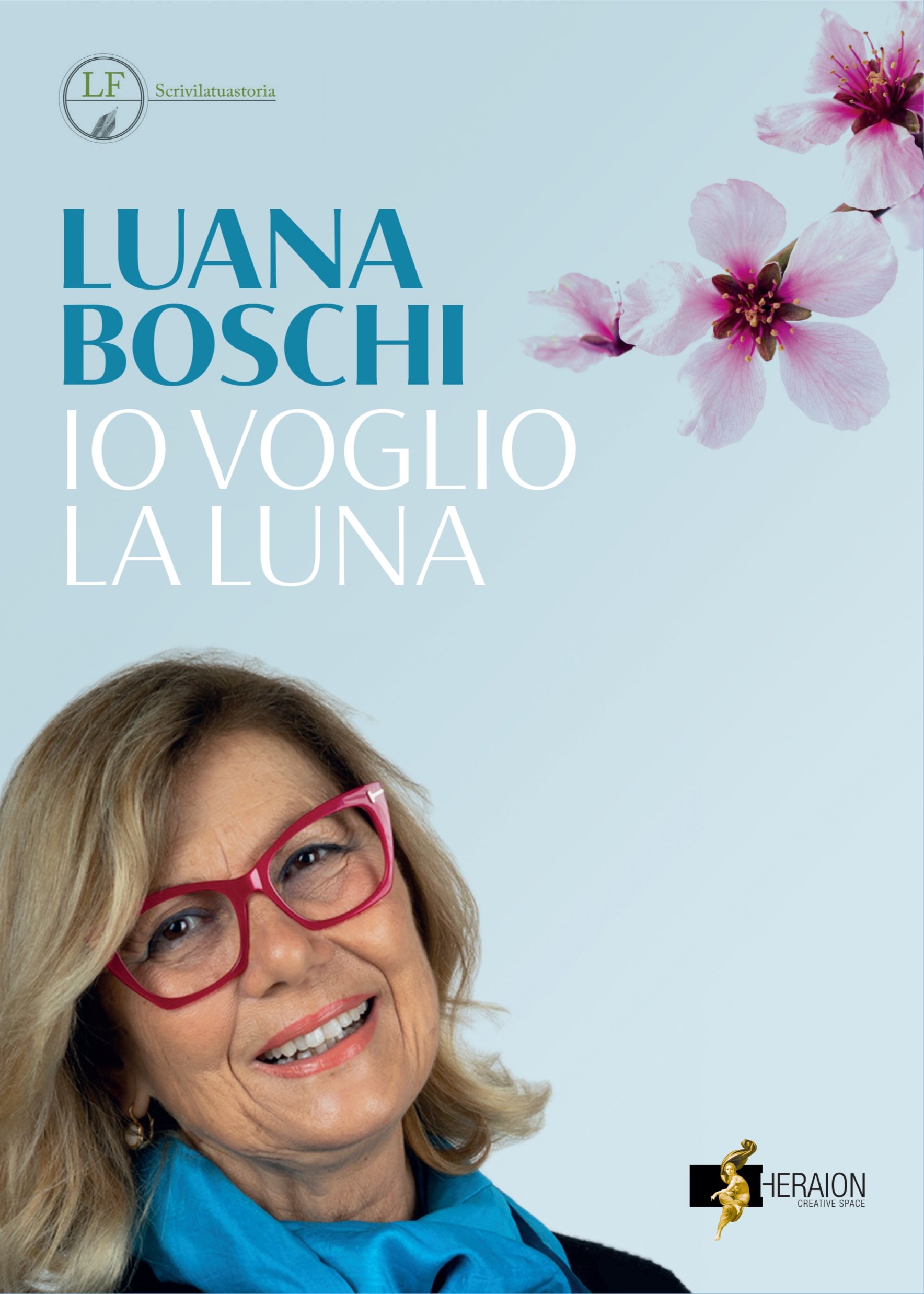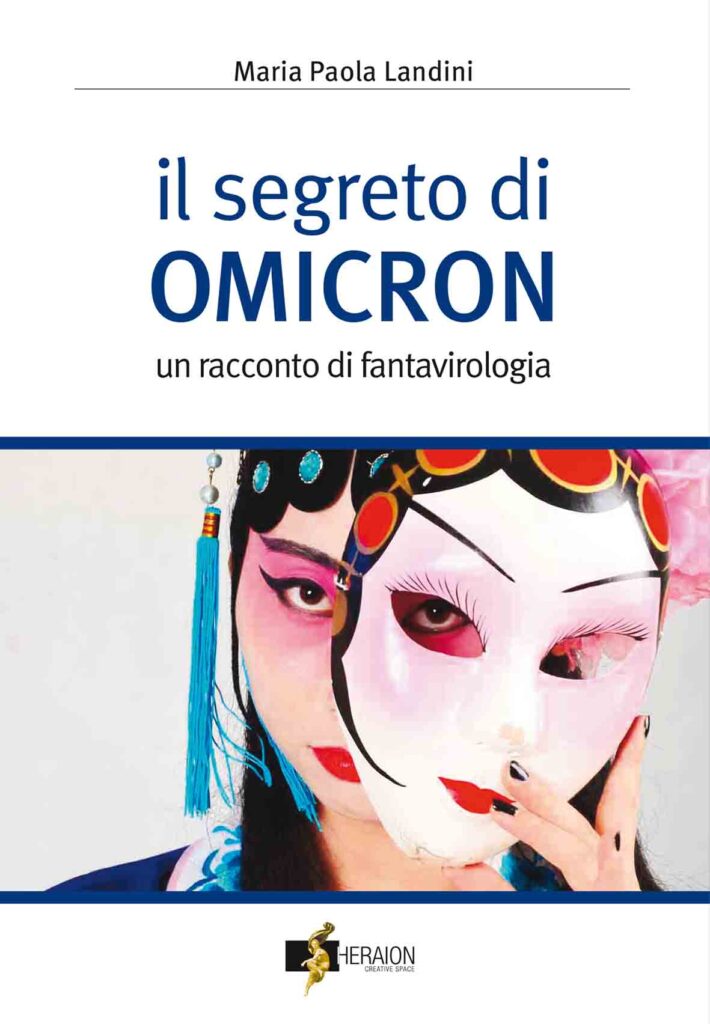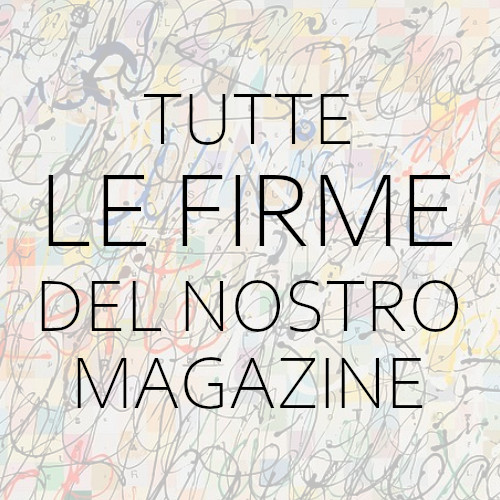12 – New Political and Moral Ideals: The Protestant Reformation
RICCARDO PIRODDI
Abstract: La Riforma Protestante fu un movimento religioso e politico del XVI secolo che sfidò l’autorità della Chiesa cattolica e portò alla nascita di diverse confessioni cristiane. Il malcontento nei confronti del papato, la corruzione ecclesiastica e la vendita delle indulgenze alimentarono il desiderio di riforma, favorito dall’invenzione della stampa e dalla crescente enfasi sulla lettura diretta della Bibbia. Martin Lutero avviò la Riforma nel 1517 con la pubblicazione delle 95 Tesi, opponendosi alla vendita delle indulgenze e promuovendo la dottrina della giustificazione per sola fede (Sola Fide), l’autorità esclusiva delle Scritture (Sola Scriptura) e il sacerdozio universale. Le sue idee si diffusero rapidamente, grazie al sostegno di alcuni principati tedeschi desiderosi di affrancarsi dal controllo papale. Erasmo da Rotterdam, pur non essendo un riformatore in senso stretto, criticò il materialismo della Chiesa e promosse un cristianesimo basato sulla moralità e la pace. Giovanni Calvino, invece, sviluppò una teologia più rigida, basata sulla predestinazione e sul ruolo dello Stato nel sostenere la fede, influenzando profondamente il pensiero politico protestante. La Riforma portò a una frammentazione religiosa in Europa, con il consolidamento di Chiese riformate in Germania, Svizzera e Scandinavia, mentre paesi cattolici come Spagna e Italia rimasero fedeli a Roma. Il principio del “cuius regio, eius religio”, sancito dalla Pace di Augusta del 1555, stabilì che ogni sovrano potesse imporre la propria confessione religiosa nel proprio territorio. Oltre agli aspetti religiosi, la Riforma ebbe importanti conseguenze politiche e sociali, incoraggiando il pluralismo religioso ma anche dando origine a conflitti e persecuzioni. Il movimento influenzò profondamente la cultura europea, contribuendo alla nascita della modernità e alla separazione tra Chiesa e Stato.
Protestant Reformation in Europe
Since the Middle Ages, the necessity for reform within the Catholic Church had been regarded as one of the central challenges facing Western Christianity. The widespread spiritual revival spearheaded by humanists in various parts of Europe during the 16th century left a profound mark on religious consciousness. This movement not only inspired a transformation within ecclesiastical life but also paralleled shifts occurring in other spheres of human endeavour.
Several key historical factors set the stage for the Reformation. Among these was the erosion of the belief that the pope’s word constituted the sole voice of God on Earth, binding the minds and souls of all Christians. Additionally, the notion of the emperor’s supremacy over other rulers, grounded in his position as the political head of the Holy Roman Empire, was increasingly challenged. The recent invention of the printing press played a pivotal role as well, by facilitating the mass production of the Bible. This development weakened the Church’s monopoly over the interpretation of Christ’s teachings, enabling ordinary believers to purchase and read the Bible themselves, as it was now printed rather than laboriously copied by hand. Concurrently, the growing emphasis on individual conscience and the free examination of sacred texts, free from clerical influence, underscored this intellectual shift.
By the early 16th century, widespread dissatisfaction with papal policies had cast Renaissance Rome in the light of a secular power center rather than the spiritual heart of Western Christianity. The Church, far from embodying the ideals of spirituality, had become synonymous with immense wealth and substantial economic interests, distancing itself from its religious foundations.
In countries like Germany, where state authority was relatively weak, the papacy’s collection of funds and imposition of rents escalated in an alarming and exploitative manner. The sale of indulgences—meant to liberate souls from Purgatory—became increasingly commercialized, straying far from its religious origins. This practice of simony, which involved large financial contributions to the Church in exchange for spiritual benefits, turned indulgences into a thriving business for the clergy. Even banks profited enormously, lending money to popes and taking part in contracting the sale of indulgences.
These widespread abuses contributed to the rise of the Protestant Reformation, which found fertile ground in regions where secular authorities openly supported it, such as the German principalities, the Scandinavian states, Geneva, and parts of England. Conversely, the movement struggled in countries with strong Catholic governments that forcefully repressed it, such as Spain, Italy, the Habsburg territories, and France.
The Protestant Reformation’s spread led to the emergence of religious pluralism and helped foster various political systems, often manifesting in revolts led by the lower classes. Huldrych Zwingli’s (1484-1531) preaching in Zurich and the Anabaptist uprising in Münster were significant religious movements, while figures like Jan Hus (1371-1415) in Bohemia and Poland championed egalitarian and anti-materialist ideals. These uprisings were fuelled by a range of motivations, including early notions of tolerance, freedom, and religious pluralism. A desire for spiritual renewal also gave rise to political programs in which a select group of “saints” was envisioned to govern the state and lead societal regeneration. Additionally, there was a strong will to resist the concentration of wealth and power in the hands of a few, as exemplified by the Twelve Articles of the Peasants’ War in 1524 in the Black Forest.
Thomas Münzer (1489-1525) further embodied this radical spirit, preaching the coming of a universal judgment that would cleanse Christianity of its corrupt elements, thus unifying what the Reformation had fractured. His vision of a purifying reckoning underscored the deep desire for reform not only within the Church but also within broader society.
Erasmus of Rotterdam
During the same period when Machiavelli was articulating his political theories in The Prince, European Humanism, especially as represented by Erasmus of Rotterdam, was championing a return to the moral and political ideals of Christianity, particularly emphasizing peace. Erasmus, born Geer Gerrtz (1466-1536), who Latinized his name, was a precursor to Martin Luther and one of the most prominent figures of juridical humanism. He dominated the intellectual landscape of the early 16th century until his political evangelism was overshadowed by the Lutheran Reformation.
Erasmus, initially a priest who later distanced himself from monastic life, waged a relentless critique against a Christianity entangled with worldly values. His intellectual pursuit aimed at a religious renewal, demanding a reassessment of the politics, customs, and institutions of his time. He envisioned a Christianity grounded in the original spirit of the faith, drawing from the early Church’s philosophy, which he defined as the practical wisdom of living a Christian life. Erasmus called for a return to these roots, advocating for an authentic and direct reading of the Scriptures. From this, he derived his reverence for the poverty and humility that characterized “true Christians,” contrasting sharply with the extravagant lifestyle of the papacy. His message also championed Christian unity and pacifism, rejecting the notion of a “just war.”
For Erasmus, true Christianity was based on sincere faith and genuine charity, free from hypocrisy. He stressed the essential importance of interiority—the inner workings of conscience and the purity of the soul—which should guide an individual’s behaviours, ensuring it aligns with the fundamental tenets of Christianity. This emphasis on the inward moral life was central to his critique of the superficiality and materialism that had, in his view, come to dominate the Church’s practices and leadership.
For Erasmus, pedagogy and education were central to shaping not only individuals but also the political landscape. He believed that culture and Christianity could influence governance only if they succeeded in educating rulers, specifically by guiding princes from a young age. His vision was that future sovereigns should be imbued with Christian values and taught to live among the people they would one day govern, fostering a deep sense of responsibility and moral integrity.
Erasmus held that a ruler’s legitimacy was not inherent but rather earned in retrospect, based on how he exercised his power. This idea suggested an implicit contract between the sovereign and his subjects, wherein the ruler was expected to govern justly, respecting the freedom and dignity of his people. A true Christian prince, according to Erasmus, could not rule over a population of subservient “servants” but over free citizens, ensuring his reign aligned with the core values of Christianity—justice, humility, and charity.
Though Erasmus did not directly oppose the Church, his ideas laid the intellectual groundwork for the protests that would later divide the Christian world. His calls for reform, especially in terms of education and the moral responsibilities of leaders, prefigured the religious and political shifts that would unfold during the Protestant Reformation.
Martin Luther and Protestant Theology
Martin Luther (1484–1546) initiated a decisive break from the papacy. As an Augustinian monk, Luther took issue with Pope Leo X, who sought funds from the faithful to finance the construction of St. Peter’s Basilica by selling indulgences—documents that, in exchange for payment, promised absolution of sins for the living and a swift passage to Heaven for the dead awaiting judgment in Purgatory. In 1517, Luther famously expressed his opposition by posting his 95 Theses on the door of the Wittenberg Cathedral, condemning the “trade” of indulgences and affirming that eternal salvation depended solely on one’s faith and love for God—what he called justification by faith.
Luther’s 95 Theses introduced four foundational principles of Lutheran theology. Solus Christus emphasized that Christ alone is the true master. In reaction to the complexity and proliferation of Catholic doctrines, Luther sought to return Christ to the center of genuine religious experience, asserting that Protestants are messengers of Christ’s word rather than temporal ministers or intermediaries. This theology rejected the entire hierarchy of the Catholic Church. Sola Scriptura maintained that nothing should mediate between humanity and Christ; the Bible, as the Word of God revealed directly to man, is the only authentic source of Christian teaching. Luther argued that the Church must submit to the Scriptures, which are the sole foundation of the divine message and the Church itself.
The third principle, Sola Gratia, rejected the idea that humans could achieve salvation through earthly good works. According to Luther, salvation depends entirely on God’s grace, which is granted according to His will, echoing the doctrine of predestination articulated by Saint Augustine, which Luther embraced. Lastly, Sola Fide asserted that faith is not a virtue cultivated by human effort or a decision made independently of divine will. Instead, it is a gift from God, not guaranteeing earthly rewards but solely spiritual salvation.
Through these principles, Luther profoundly challenged the Catholic Church’s doctrines, particularly its systems of authority and salvation, reshaping Christian theology in ways that would lead to the Protestant Reformation.
From a political point of view, Luther vigorously opposed the pope’s political power, in order to claim the autonomy of the German principalities (and above all that of the Prince of Saxony) and giving voice to a request for renewal of many thinkers.
Luther (who embodied the desire for an unrelenting religious renewal) vigorously opposed the conception of the ecclesiastic priesthood as the only possible mediation between God and man, proposing a universal priesthood that would allow every man (and not just the clergy) to preach the Word of God.
In particular, Luther advocated a vision of religion based on the free interpretation of the Bible, purified of the encrustations that the clerical class had caused with its censurable lifestyle.
These theories have a presupposition and a consequence: the presupposition is that subjectivity is free, but this freedom at the same time contains the obligation to submit to an external political authority. The Christian inhabits two kingdoms, the one of Heaven and the one of Earth: as an inhabitant of Heaven, he is a believer and free; as an inhabitant of the Earth, he acknowledges that he is part of a political community to which he must submit. The consequence brings out on the political level a total secularization of power, which must only constitute a means of protecting the religious freedom of faithful against the dominant ecclesiastic class represented by the pope and the bishops. The Scriptures only, therefore, and not the ecclesiastic hierarchy, constitute the infallible authority which the individual must believe in order to reach salvation.
John Calvin
The uprisings that shaped post-Reformation Europe found their first significant institutional expression in the thought and work of the reformer John Calvin (Jean Cauvin, 1509–1564), who extended his theological reflections into the realm of politics, laying the groundwork for one of the most dynamic forms of Protestantism. Unlike Italian Humanism, which often separated politics from religion, Calvin argued that politics was meaningless without a religious foundation. He saw both Church and State as serving the same purpose: to manifest the covenant between God and His people.
In contrast to Martin Luther, Calvin adopted a more pessimistic view of human nature and a more optimistic one regarding God. Central to Calvinist doctrine is the concept of God’s absolute sovereignty, which stands at the core of his theological system. This includes the belief in predestination—God, in His eternal wisdom, has predetermined some individuals (the “elect”) for salvation and others for damnation, based on criteria that are beyond human understanding. Obedience to God’s will, therefore, is paramount, as God is viewed as the sole, inexhaustible source of good. Calvin taught that if a ruler strays from religious ideals, this obedience breaks down, which partly explains the numerous Calvinist-led uprisings against papal authority.
While Calvin agreed with Luther on the principle of Sola Fide (faith alone), he placed greater emphasis on the importance of human action in aligning with God’s will. Although good works do not merit salvation, Calvin argued that worldly success could be interpreted as a sign of God’s favour and assistance. In this view, a person’s achievements in life might reflect divine support, showing that God is working through them, even though such “performance” itself does not guarantee eternal salvation. This link between success and divine approval became a distinctive feature of Calvinist thought, influencing both religious and political movements across Europe.
The result of Calvin’s theological vision was the formation of a social ethic centered on individual industriousness and charitable self-denial for the benefit of others. This ethic, as Max Weber would later argue, laid the groundwork for the idea of capitalist expansion, rooted in the individual’s commitment to hard work. However, Calvin envisioned a Church devoid of rigid hierarchical distinctions, with representatives elected democratically yet constantly overseen by a higher authority, ensuring that the actions of individual believers remained aligned with religious principles.
To prevent the chaos associated with the radical Anabaptists and the flattery of political rulers, Calvin introduced the concept of “passive disobedience”—a form of protest against an intrusive or unjust ecclesiastical order. This form of protest allowed individuals to resist without actively defying authority, preserving social order while still expressing dissent.
As a whole, Calvin’s contributions to the Protestant Reformation helped introduce key ideas of tolerance and religious freedom, both for individuals and communities within a secularized state. These ideas were formalized in the 1555 Peace of Augsburg, which established the principle of cuius regio, eius religio (the ruler’s religion determines the religion of the realm). While this principle linked an individual’s faith to their geographical location, it also acknowledged the importance of religious tolerance.
However, the push to translate Reformation theology into political realities was not without its darker side. Over time, the same movements that advocated religious freedom also fuelled political and religious persecutions. Intolerance became a frequent companion of religious fervor, as seen in the violent repression of dissenters. For example, Michael Servetus was executed in Geneva for heresy after clashing with Calvinist authorities, illustrating the limits of tolerance even within Reformed communities.
The period following the Protestant Reformation thus became marked by religious wars and repeated efforts to suppress the freedom of faith, thought, and speech. The Reformation’s legacy, while advancing concepts of religious freedom, also contributed to centuries of conflict over these very principles.


